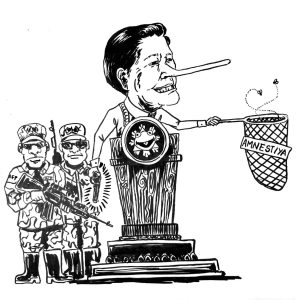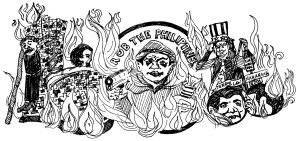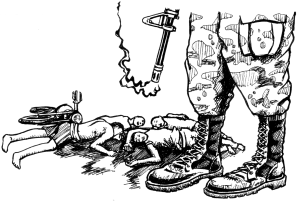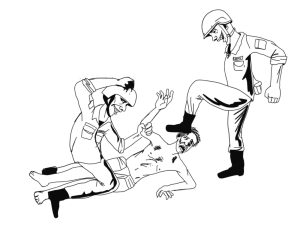Simultaneous price increase of oil, LPG, fares, toll fees and rice

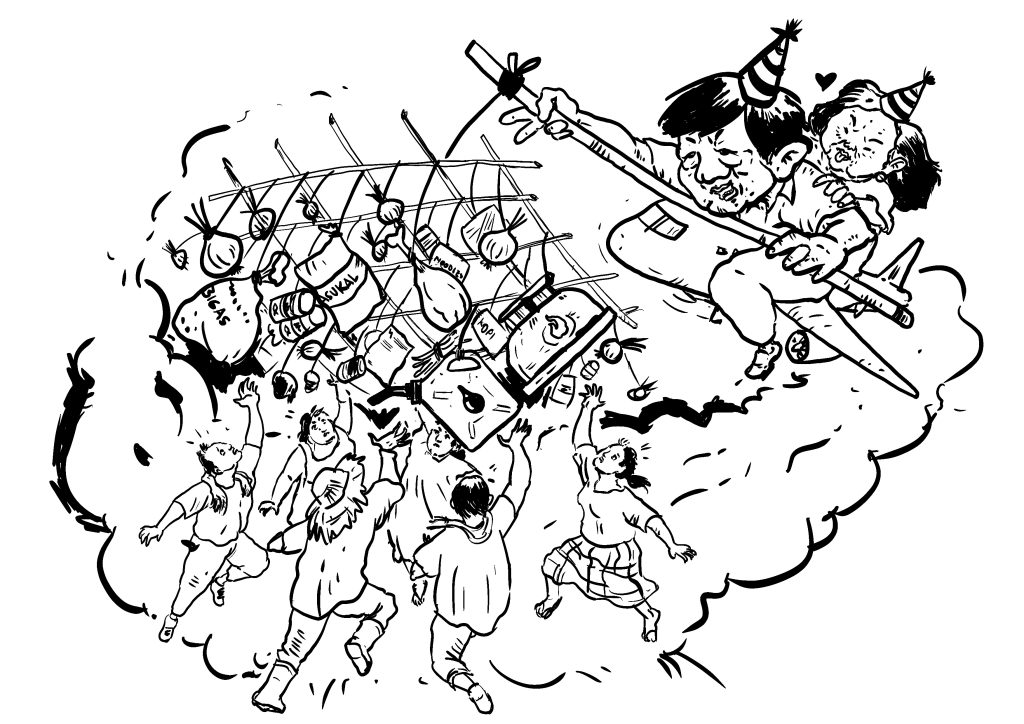
Private utility companies simultaneously increased the prices of basic goods and services in just the first few days of August. This highlighted the Marcos regime’s inability to lower prices and fees.
With clear collusion, companies raised the prices of oil products on August 1. This is the fourth increase in the last four weeks. This resulted in a net increase of ₱11 per liter for gasoline, ₱3.60 for diesel and ₱5.45 for kerosene in the last seven months. According to jeepney drivers, this will mean a reduction of ₱90 per day or ₱2,250 per month from their income. Another big time increase looms on August 8 where ₱3.60 will be added to diesel and ₱2.65 to kerosene.
At the same time, companies also increased the price of LPG (liquefied petroleum gas) by up to ₱4.55 per kilo or ₱50.05 per 11-kilogram tank. It cancelled out the price cuts that companies implemented in the past two months.
The following day, the Department of Transportation increased by ₱5 the maximum fare on the Light Rail Transit Line 2 (LRT2) from Recto Station to Antipolo Station, as well as its single journey ticket. The minimum load of the beep card was also set at ₱14 from the previous ₱12.
Starting August 8, the Metro Pacific Tollways Corporation will charge a toll fee of ₱86 to ₱302 per vehicle to use the North Luzon Expressway (NLEX) Connector Road. The MPTC first raised the toll fee at NLEX from ₱19 to ₱100 for trucks and other big vehicles on July 15.
The price of rice also rose by ₱1.50-₱2 per kilo. The Department of Agriculture blamed this on the effects of Typhoon Egay, which destroyed at least 137,000 hectares of rice farms and left damages worth more than ₱2.9 billion.
It is possible that price increases will reach ₱4 per kilo in the next few months due to the Marcos regime’s rush to import rice. This is in the face of supply restrictions in India and Vietnam, the Philippines’ major source of rice. Farmers blame the seemingly inevitable price hike on Marcos’ failure to provide local farmers adequate support. The regime did not boost local production, and instead relied solely on imports. The prices of most vegetables also increased.




